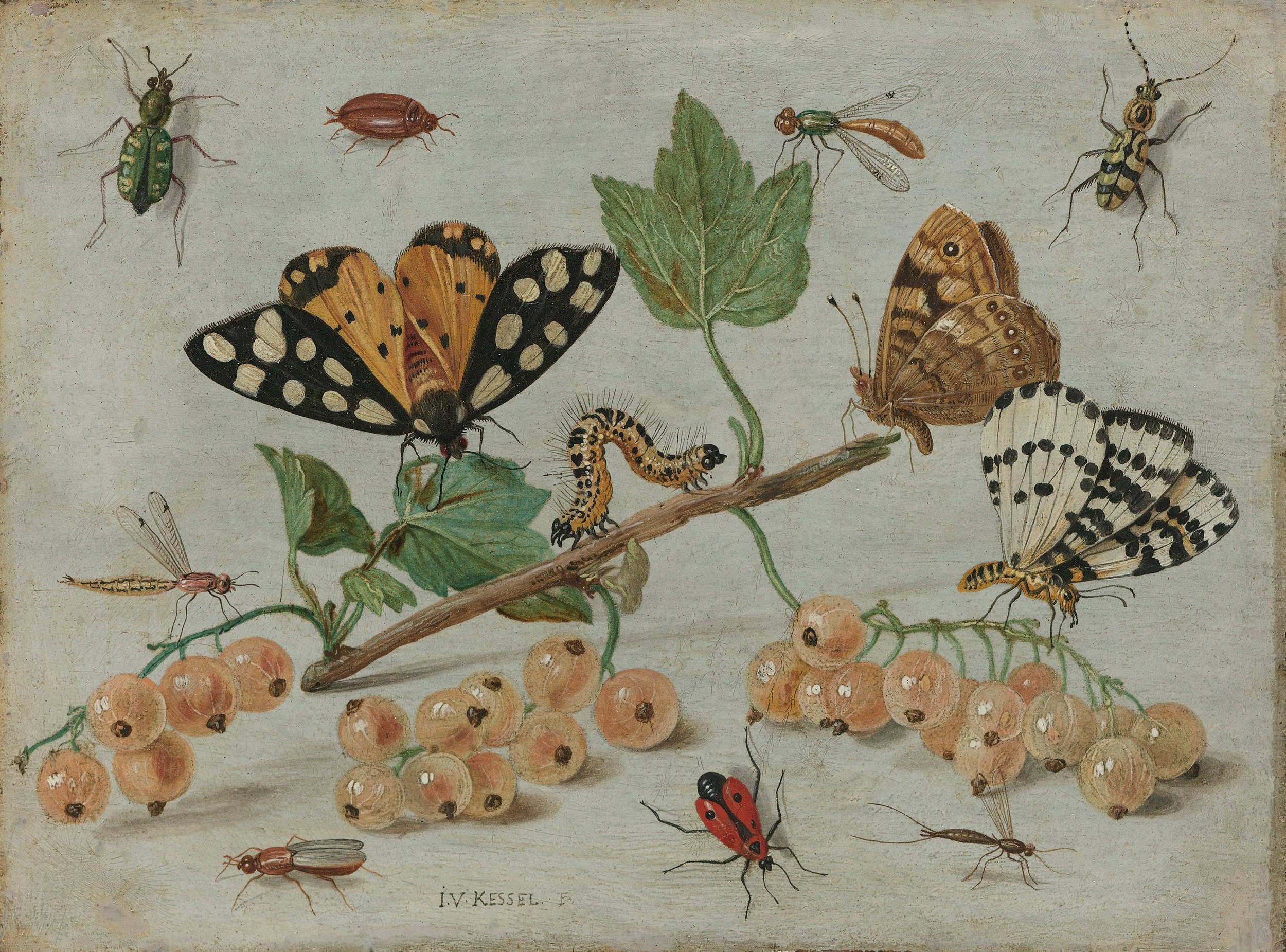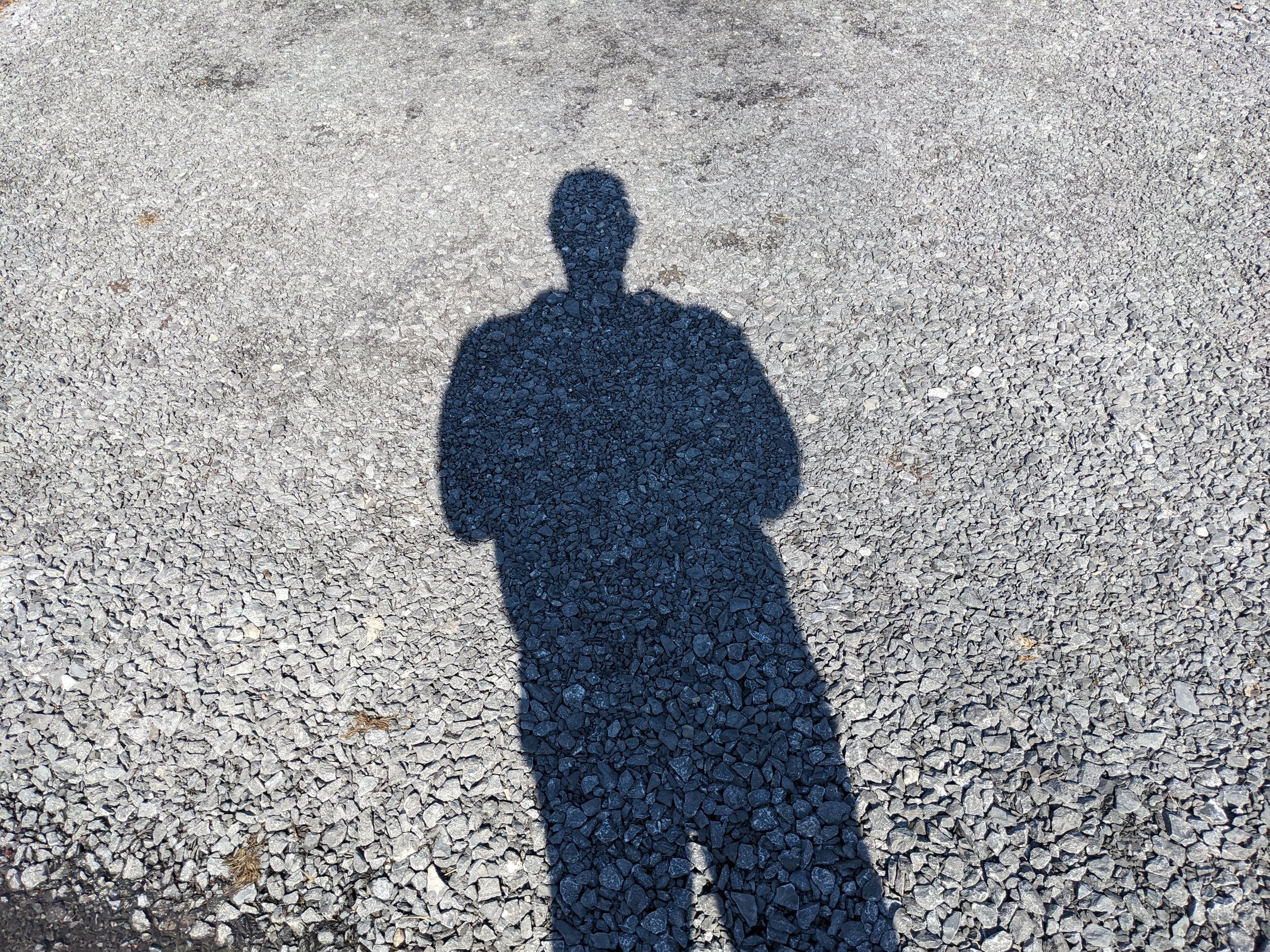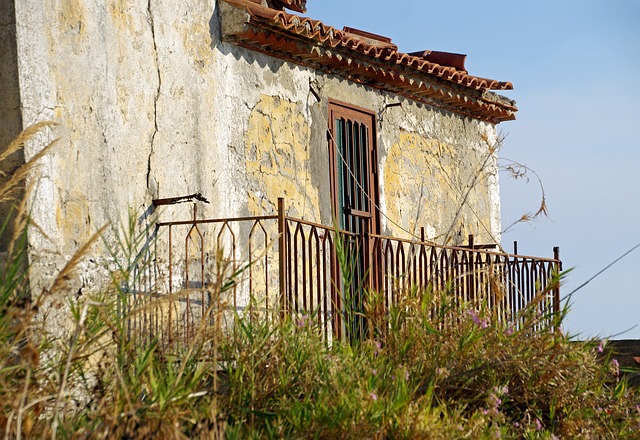Faq

FAQ
Somali, verb.
To dig.
In 1991, Somalia imploded. Thousands died in the resulting turmoil of war and famine and anarchy; thousands fled. Hundreds of thousands of refugees and immigrants flooded cities from Nairobi, Kenya to Minneapolis, Minnesota. Many Somalis lost their relatives or friends, literally: they couldn’t find them. Maybe they fled at night, maybe they were abroad when the war started, maybe they were picked up to fight as soldiers, maybe they were separated in an attack. In an attempt to find each other again, Somali radio stations started broadcasting a 15 minute daily show. I called it Hebel Faqayaa Hebel, or ”So and so is looking for so and so.”
Mohamed baa faqayaa Asma. Mohamed is looking for Asma.
Hibo baa faqaysaa Idriis. Hibo is looking for Idriis.
People sent in their full family names, back as many generations as they deemed useful, and their current location. The announcers read through the list, one after the other. People listened, hoping to hear the name of their loved one. Hoping to hear they were alive and could be found.
Literally, faq means to dig, usually to dig in a farm or a garden. Faq-ing could be done with a tool or by shoving one’s fingers into the soil and sifting through it, searching, pulling out stones and weeds, creating a hole for a seed.
My husband and I and our two-year old twins moved to Somalia in 2003. He taught at a university and I, with my linguistic degree, studied the Somali language. Every afternoon, after hours of morning lessons with a tutor, I sat on the couch and listened to the radio, making notes of the words I understood. My early notes consisted of words like “Iraq. George Bush. Dagaal (war or fighting).” I felt desperate to communicate, to lessen the isolation, and turned much of my energy to studying. It was empowering to write anything down, even these proper nouns and common words. My vocabulary expanded and I noticed this list, name after name after name, with this strange connecting word. Faq. Faqayaa, the present progressive form.
I liked the word in the most embarrassing and primal way possible: it sounded like ‘fuck.’ I practiced it over and over, especially on hard days. The days my headscarf refused to stay in place over my curly blond hair, the day my son was diagnosed with pneumonia, the day I thought my husband was dead. Why didn’t he come home on time? Why did our guard look so scared when he told me to stay home and then sprinted out the front gate? How could I search for my husband? I wanted him to know I was looking, that I would always look for him, even though I couldn’t leave our front stoop. My dread didn’t last more than an hour or two. There had been a car accident. My husband was unharmed, but it took hours to negotiate with the parties involved. Those moments can’t compare with a lifetime of faq-ing but I can still conjure the loneliness, helplessness, and desperate longing.
I listened to the word dozens of times during a single broadcast, sometimes succumbing to giggles. Such is the mental exhaustion caused by straining to learn a language with no classes and little written material. Or, the emotional exhaustion of trying to faq out a life as an alien in a new land. But I also liked the word for what it represented: Somalia had disintegrated and is still splintered into violent factions, but people are looking for each other.
Somali nomads know their camels by the unique sound of their wooden bells, or by the specific prints left by hooves plodding through the dust. They know their goats and sheep by the sound of their bleating. I often saw, in Somalia, lone camels munching on thorny acacia trees or standing, regal, in the middle of a road. Their chins were higher than Land Cruisers. They refused to glance down, proud and immoveable. But they were never actually alone, like me on the front stoop in Somalia waiting for my husband. There might not be a person in sight, but someone knew where that camel was and someone would come for it eventually.
On the radio show, I heard Somalis digging through dirt, searching. I heard them living out the conviction that, like the camels, they were not alone. Someone they loved, out of sight for now, was looking for them. They were making spaces. Their faq-ing was filled with hope and the expectation that a relationship would come into that space and flourish once again, new life.
ABOUT THE AUTHOR
Rachel Pieh Jones lives with her husband and three children in Djibouti, where they run an international school. She has written for the New York Times, Runner’s World, The Christian Science Monitor, and The Big Roundtable. Visit her at Djibouti Jones, her Facebook page, Twitter @rachelpiehjones, or check out her award winning cookbook, Djiboutilicious.
Header photo by Marilyn Roxie










